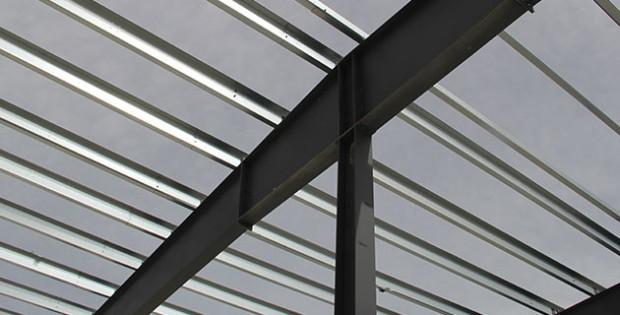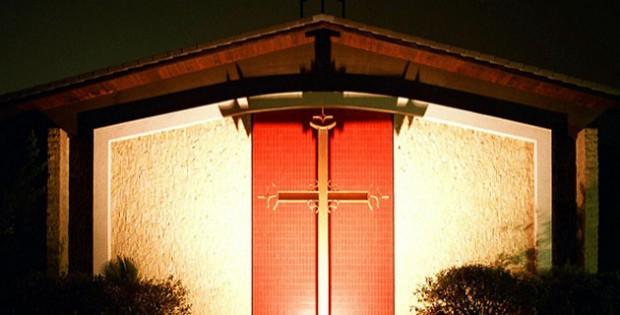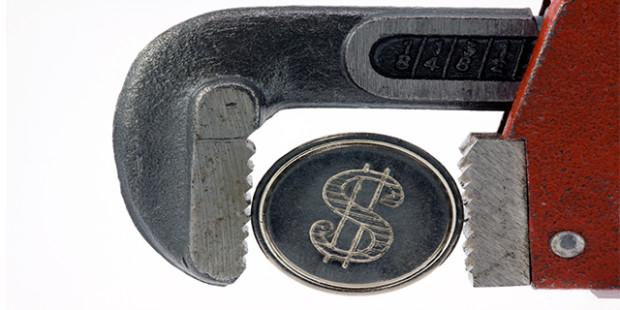Are You Building Green in 2016?

Are you building in 2016? Is it important to you to ‘build green?’ Look no further than a pre-engineered steel building. Maybe you’re interested in becoming LEED certified or are just trying to increase your energy savings. No matter what your reason is, steel is the most efficient way to ‘go green.’
Saving Resources
Do you know how many trees are cut down to make a steel building? Zero. Do you know how many gallons of water it takes to grow a steel building? Yep, you guessed it. Zero. The same obviously can’t be said for wood buildings. Wood building suppliers will harvest an area of a forest and then replant trees for harvest once they’ve grown. While this is a great practice, how long does it take a tree to grow? According to the United States Department of Agriculture, trees they harvested in the Bighorn National Forest were fully grown and replaced in 20-40 years and were 20-30 feet tall. Trees they harvested in 10-20 years ago were 10-20 feet tall and trees they harvested 10 in the last 10 years were saplings to 5 feet tall. This doesn’t seem like an efficient turn around for me. It could take 20-40 years before we have fully grown trees to replace harvested trees for wood buildings. Climate change aside, those trees aren’t around to provide oxygen for us now.
The steel industry reduced the amount of emissions they produced by 67% in the years leading up to 2005, according to the American Institute of Steel Construction. That’s a long time ago, but they had until 2012 to reduce emissions by 5.2% according to initiatives like the Kyoto Protocol. A 67% reduction shows me the entire industry is behind the green movement. In fact, according to the World Steel Association, a total of $1 billion has been spent by nations around the world working together to lower emissions from steel production.
Recycle
The first two sections go hand in hand. Reusing and recycling materials means we don’t waste further raw materials making more products. It also means we have less waste sitting in dumps. Did you know steel is 100% recyclable? Iron, which is one of Earth’s most abundant elements, is mined and refined into steel. We have a resource with a practically infinite lifespan. That’s right, once we are finished with a piece of steel, we can melt it down and use it in another steel project. This goes for any kind of steel application, including cars and pre-engineered steel buildings. Steel is the most recycled industrial material in the world. According to the World Steel Association, for every tonne of steel recycled over 1,400 kg of iron ore, 740 kg of coal, and 120 kg of limestone are saved. Just by recycling the current steel we have, we’re expanding the life of iron on the earth.
Energy Savings
A pre-engineered steel building is great for reducing your energy costs. In fact, if your pre-engineered steel building is built to LEED standards, you’ll use 30%-60% less energy, according to the U.S. Green Building Council. Your energy savings only increase when you install the proper insulation to keep your pre-engineered steel building’s temperature regulated. The less airflow and temperature loss your building has, the less money you’ll spend on regulating the heat or the air conditioning. Steel buildings can incorporate alternative energy solutions like solar, wind and geothermal energy to further reduce your energy bill. Painting your roof a lighter color will absorb less heat than a darker color which will require you to cool your pre-engineered steel building less in the summer.
Strength and Longevity
Pre-engineered steel buildings are engineered (of course) to withstand heavy winds, snowfall and seismic activity in your area. In addition, they will last a lifetime with very minimal maintenance. In fact, steel buildings are now a mainstay in government buildings, which require higher or strict construction standards on every project.Wood buildings, like pole barns, don’t have this luxury because wood doesn’t have the durability steel does and it’s affected by many more factors like wood rot, mold, termites and a fire threshold ⅕ the temperature of steel. When panels warp and twist every couple of years, they must be replaced to guarantee the structural integrity of a building. That’s not true of steel panels, which don’t rot, crack or twist. Steel panels are manufactured to last decades without needing to be replaced. Wood building owners could find themselves performing costly repairs should they be affected by any of those fairly common circumstances.
Easy Expansion
Expansion and improvement is what drives people. You shouldn’t be limited in your pursuit of success because of your budget, or the desire to stay green. Pre-engineered steel buildings are easily expandable. We already know steel is an incredibly green material in itself, but when you take advantage of the fact a steel building won’t require the amount of work a wood building does to expand, you’re making steel just that much greener. When you erect a wood building, the wood arrives to the job site in the form of raw lumber which requires on site alterations. These alterations extend the project’s timeline and could raise your energy bills significantly if you use power tools. A pre-engineered steel building arrives to your job site ready to be assembled and only requires common tools to erect. Your pre-engineered steel building expansion can be finished in half the time as a wood building expansion and won’t raise your energy bill like a wood building expansion.
A pre-engineered steel building is your best option if you want to go green in 2016. If you’re interested in going green, just ask your project manager about your environmentally friendly building options.
« What is a Metal Building System?
The Benefits of Using Steel Buildings as Storage Units »
Popular Posts

As a pastor or church leader, your first duty is to your congregation and the people of your community. Shepherding your flock with compassion and empathy is no easy task, but based on the knowledge of the Bible or a religious text, you’ve found a way to lead and teach. Taking care of your congregation… …

Do you need extra space to house your power tools and start some epic projects? Maybe you need an easy-to-erect, prefab metal workshop to house your crafts or photography studio. Whether you are taking your hobby to the next level or just tooling around on home projects, you will find the cost to build a… …

